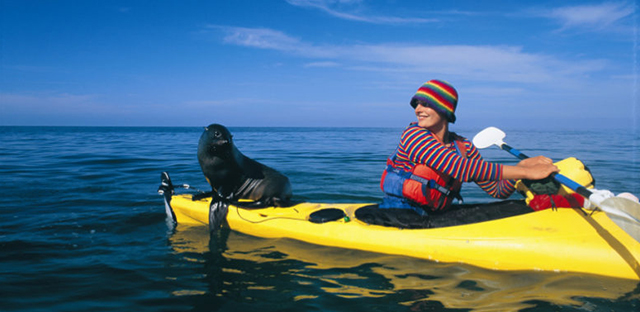New Zealand’s been said to be more like England than England. I think what they mean by that is that we look a bit like England from the outside, but then things look different once you’re in. With an egalitarian outlook, manners take a back seat to practicality. There’s less interest in the school you went to, and more interest in your taste in craft beer. As a small nation, we value people who can do stuff. Call it a meritocracy.
Perhaps the greatest expression of the Kiwi passion for a fair go is expressed in the relations between Maori and Pakeha (i.e. non Maori). Although no marriage is without conflict, most New Zealanders of all stripes are proud of their connection with Maori culture. Sure, everyone knows the haka (war dance) performed by the All Blacks. But anyone who’s ever been lucky enough to receive a formal Maori welcome knows that it’s a rich, noble culture with the greatest respect for the human character (and a famous sense of humour).
As the old Maori proverb goes: He aha te mea nui o te ao, he tangata, he tangata, he tangata.
Which means: What is the most important thing in the world? It is the people, it is the people, it is the people.
The work scene
New Zealand has a strong employment market. Compared to the OECD average, New Zealand performs well on all employment measures: unemployment (6%) is lower than the OECD average (7%). 75% of the total working age population is in employment, significantly better than the OECD average of 66%. Elsewhere, independent analyses predict unemployment to be as low as 4% by the beginning of 2017.
The sectors predicted to show the strongest growth this year include
- Finance, insurance & real estate (21%)
- Mining & construction (21%)
- Transport & utilities (15%)
- Services (14%)
- Other growth categories include wholesale trade & retail, manufacturing, and public admin and education.
In short: New Zealand is a natural playground, the people are friendly, and the economy is well on track for sustainable growth.

